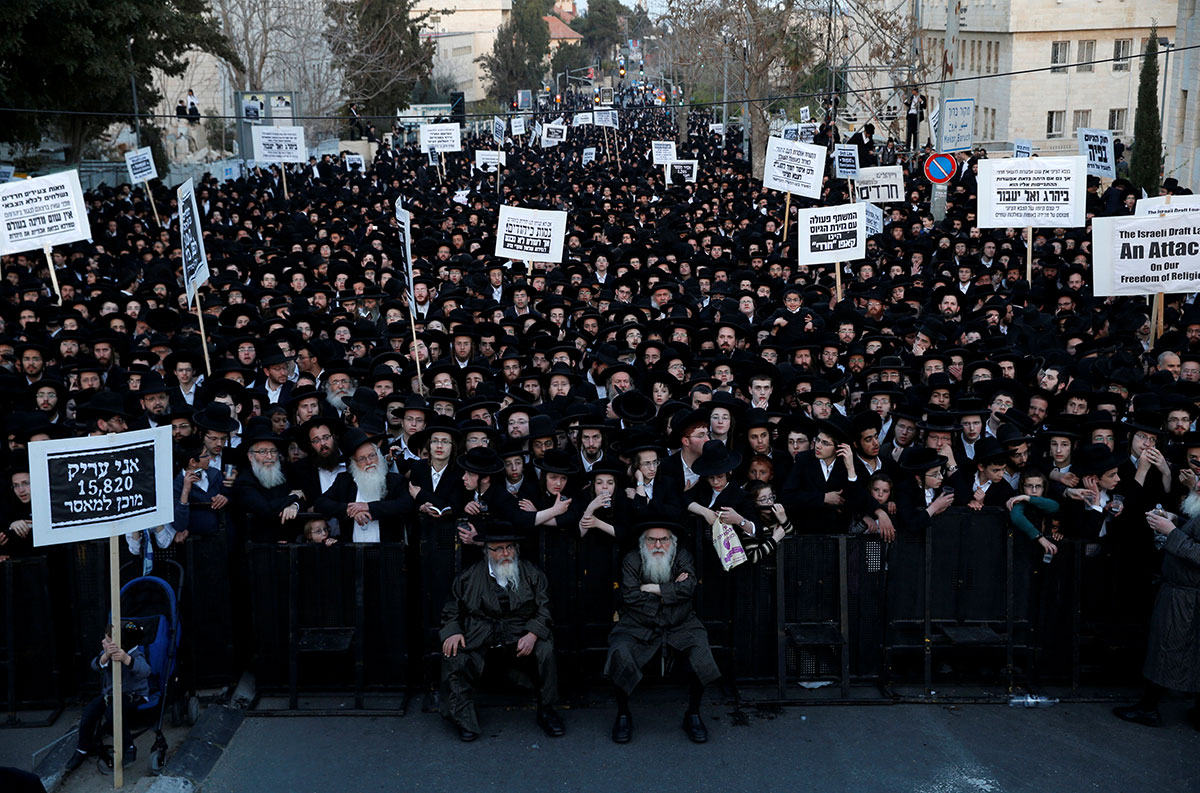
We call this format a Timesaver Guide to Israel’s Coming Elections. This will be a usual feature on Rosner’s Domain until next Election Day, September 17. We hope to make it short, factual, devoid of election hype, and of he-said-she-said no news, unimportant inside baseball gossip.
Bottom Line
Likud & Blue and White united in wanting to be the largest party.
Main News
Likud is campaigning against Yamina, in an attempt to have more seats than Blue and White.
Blue and White is campaigning against Israel Beitenu, Labor and the Democratic Camp in an attempt to have more seats than Likud.
Gantz vows to form a secular liberal coalition without the ultra-Orthodox.
Legal issues: More details on Netanyahu’s investigations reveal his focus on media regulations.
The Attorney General opposes Likud’s initiative to have cameras in polling stations as the votes are counted. The public seems to be supportive of the initiative.
Otzma: Too soon to tell if this is significant, but today, for the first time, radical rightist Otzma Yehudit got 4 seats in a poll – that is, crossed the Electoral Threshold.
Developments to Watch
Politics: For months we were saying it is all about the blocs. It’s not: In this round, Likud and B&W fight to have more seats as they assume that A. no bloc will have a clear path for a coalition, and B. whoever gets the first mandate to form a coalition has the clear advantage.
Ideology: The anti-Haredi trend is growing stronger. Lieberman proved that it’s working, B&W decided to jump on the same train.
President Rivlin: The closer we get to election day without anyone having a clear advantage, the more we must consider the role of the President in picking the winner. That is, to decide who gets a first shot at forming a coalition.
Yamina: Again, the right-of-Likud party has a problem. Many of its voters are more concerned about having Likud in power, than about having their own party with more seats.
Diaspora affairs: This is marginal, but worth mentioning. When Gantz was asked to give one example of things he’d do differently than Netanyahu, the example he gave was the Western Wall compromise.
The Blocs and Their Meaning
The blocs: Netanyahu’s bloc does not have the 61 seat majority it needs – for now.

The parties: The polls do not show one of the two main parties with clear advantage. They do point to a slow rise in the number of seats they get. They can easily form a unity coalition if they have the will to do it.

Shmuel Rosner’s book, #IsraeliJudaism, Portrait of a Cultural Revolution, is now available in English. The Jewish Review of Books called it “important, accessible new study”. Haaretz called it “impressively broad survey”. Order it here: https://amzn.to/2lDntvh







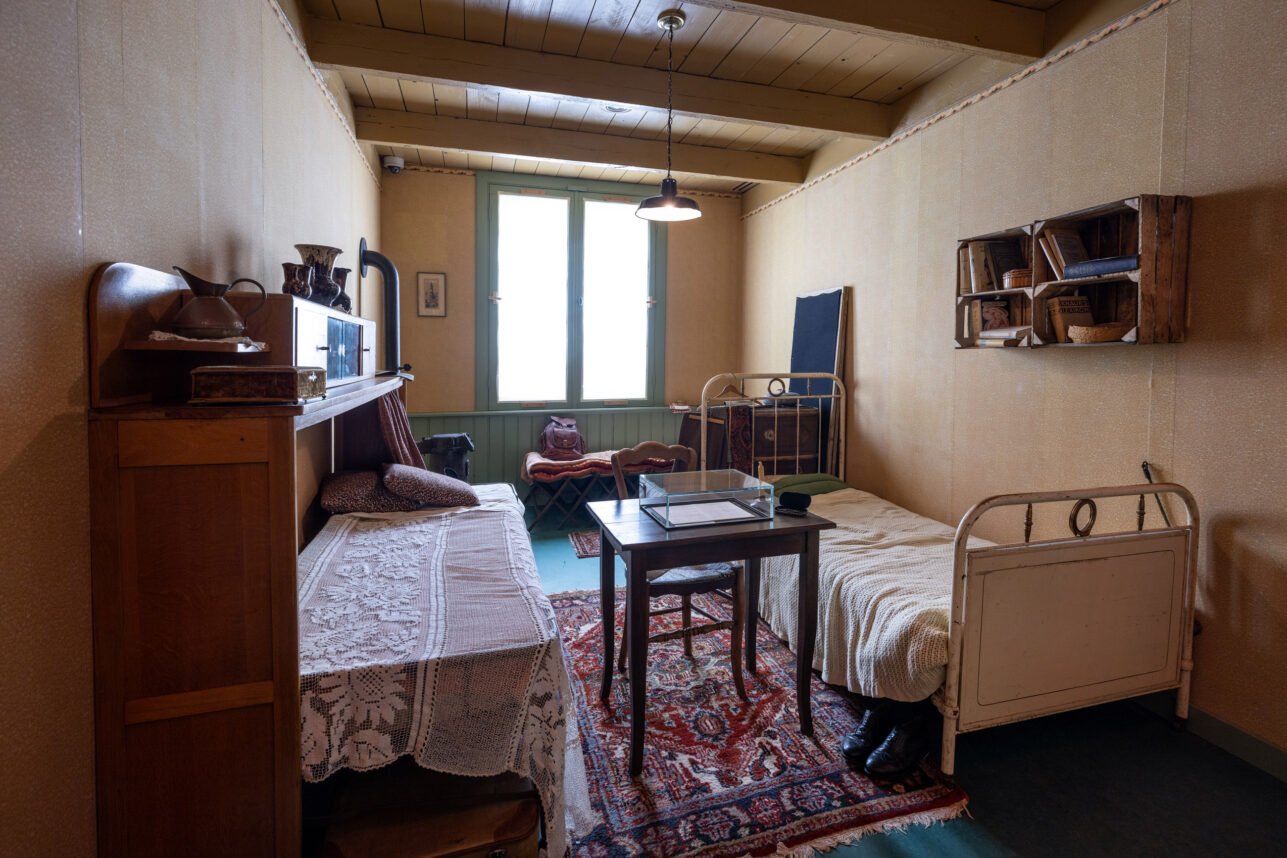
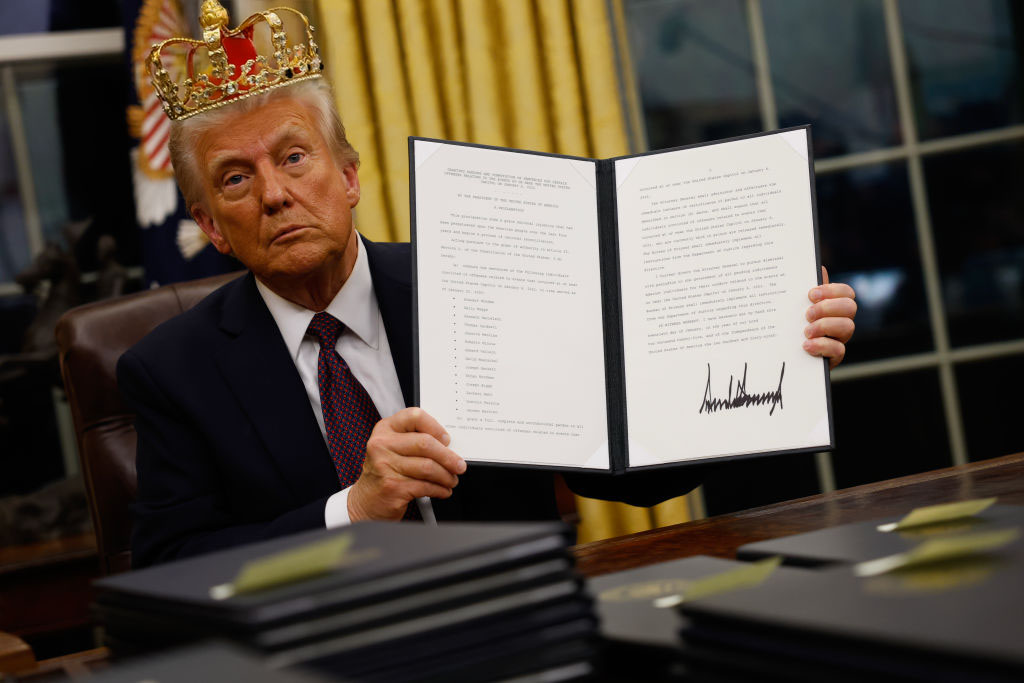
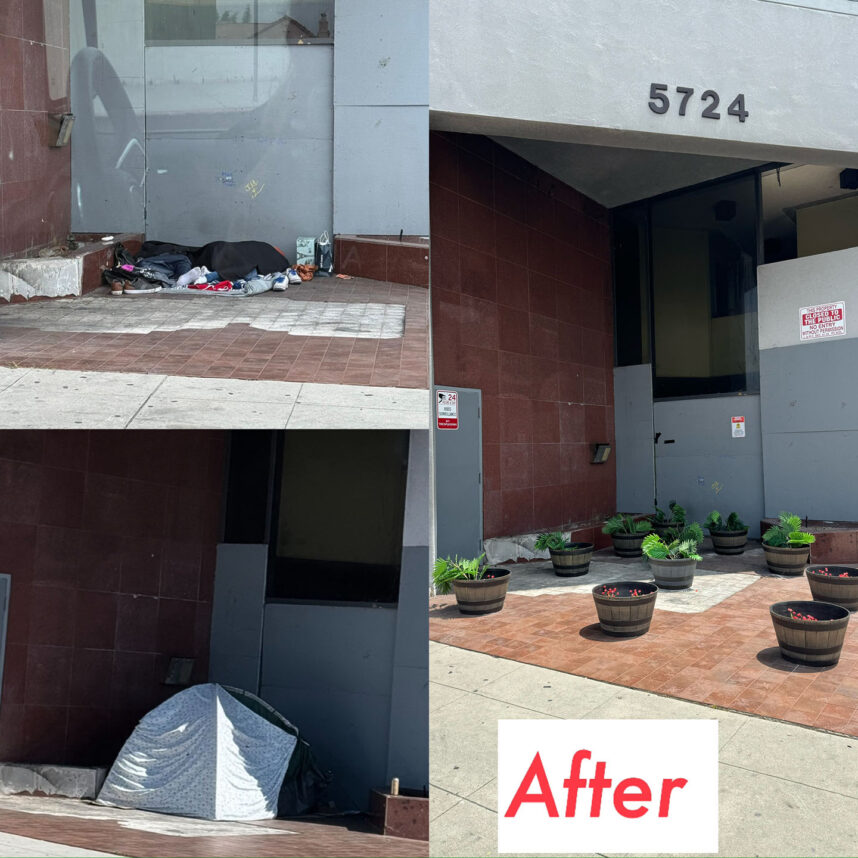

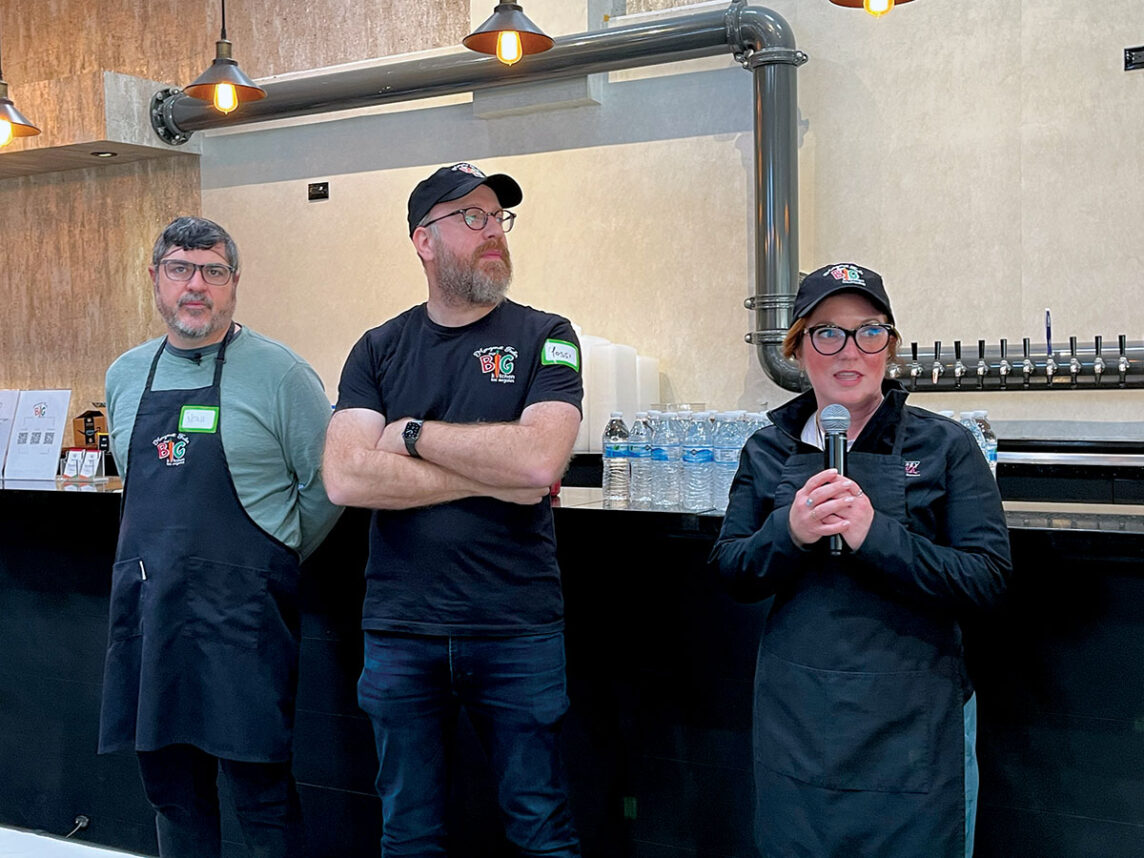
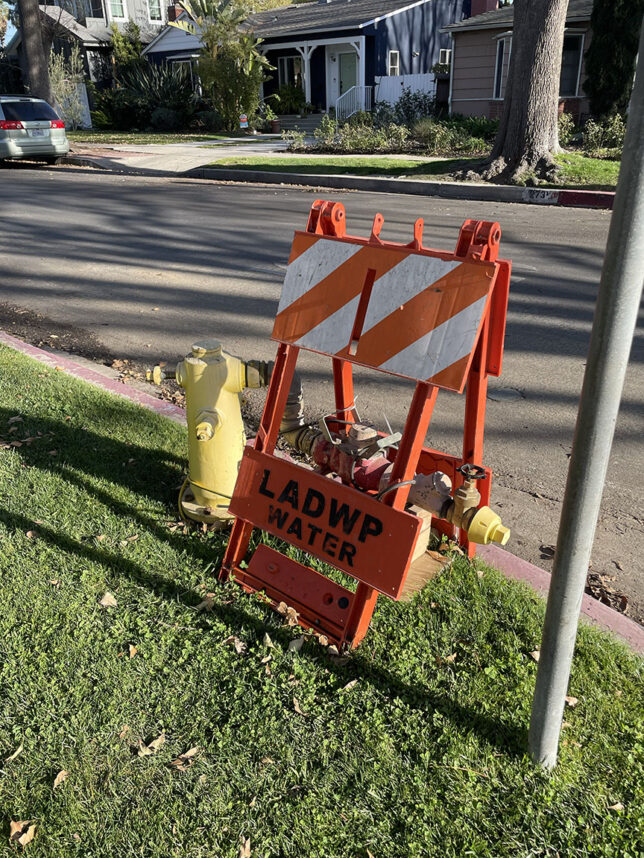


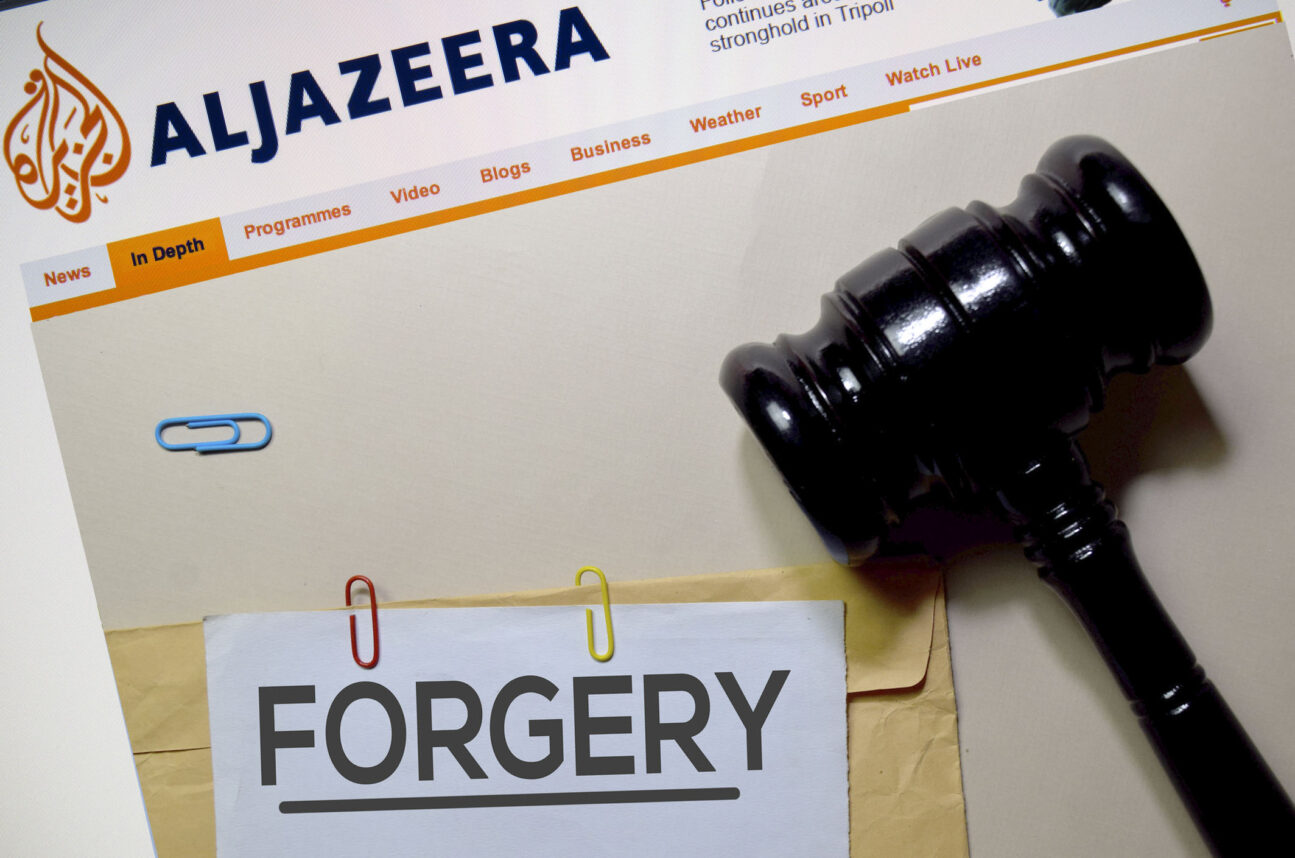





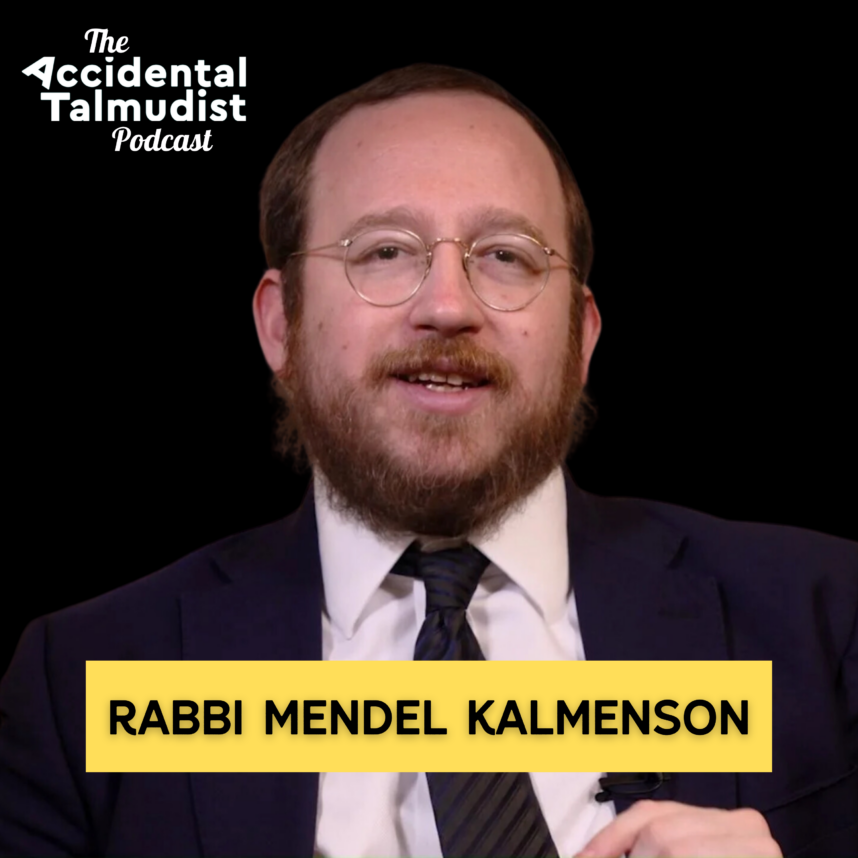

 More news and opinions than at a Shabbat dinner, right in your inbox.
More news and opinions than at a Shabbat dinner, right in your inbox.